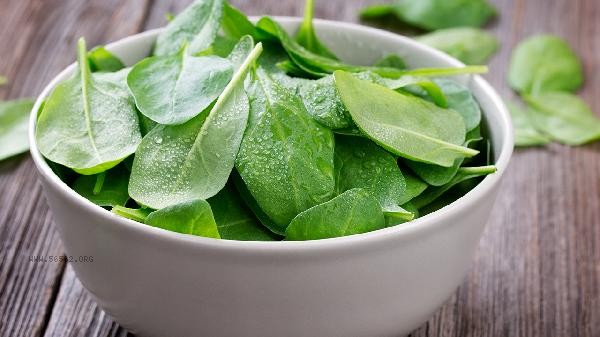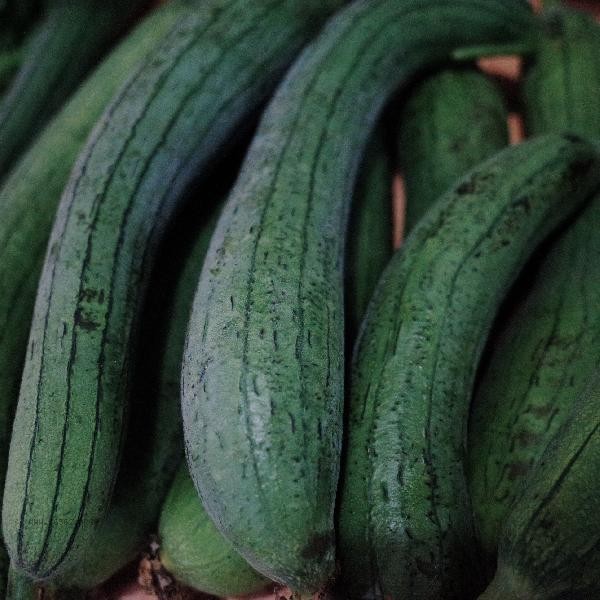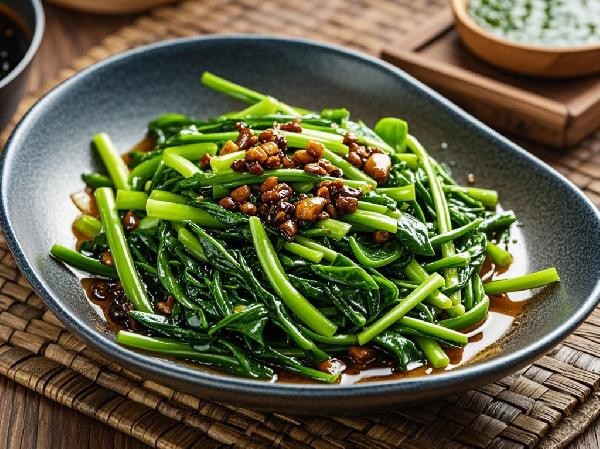Overnight water spinach, if not spoiled, can generally be consumed after heating, but its nutritional value and taste will decrease. If discoloration, stickiness, or odor occurs due to improper storage, it is not recommended to continue consuming. Water spinach contains a high amount of nitrate, which may be converted into nitrite if stored for too long. Therefore, it is important to store it properly. When water spinach is refrigerated and shows no signs of spoilage, thorough heating at high temperatures can kill some bacteria and reduce the risk of consumption. When heating, it is recommended to stir fry over high heat or blanch in boiling water to avoid further loss of nutrients such as vitamin C after prolonged storage. When storing water spinach, it should be placed in a sealed container and refrigerated for no more than 12 hours. Leafy vegetables should be cooked and eaten fresh to preserve their nutrients. When water spinach is stored at room temperature for more than 4 hours or refrigerated for more than 24 hours, the leaves turn yellow and wilted, and the stems become sticky and slippery, indicating the growth of a large number of bacteria and the production of harmful substances. Especially in high temperature environments during summer, the growth rate of microorganisms accelerates, making it difficult to completely eliminate toxins even when heated. Pregnant women, infants, and those with weak gastrointestinal function should avoid consuming overnight leafy vegetables to prevent discomfort such as abdominal pain.

Daily cooking advice: Prepare in moderation according to the number of diners, and try to finish fresh vegetables as much as possible during the meal. If storage is required, the water spinach can be washed and blanched for 30 seconds, then drained and stored in a fresh-keeping box. Pay attention to storing raw and cooked food separately to avoid cross contamination. The nitrite content in vegetables increases slowly under refrigeration conditions, but repeated heating can accelerate nutrient loss. It is recommended to heat overnight vegetables at most once and not mix them with high protein foods such as seafood and soy products.










Comments (0)
Leave a Comment
No comments yet
Be the first to share your thoughts!